Early Years Foundation Stage Government Consultation
Feedback updated 17 Oct 2024
We asked
The Department for Education consulted on proposals to strengthen safeguarding requirements in the statutory EYFS framework. Proposals covered: safer recruitment, child absences, safeguarding training, paediatric first aid training, safer eating, toileting and privacy.
You said
The consultation received 1470 responses. There was strong support from respondents for all the consultation proposals, with clear consensus that the safeguarding reforms will improve children’s safety and align with current best practice in early years settings.
We did
Based on consultation responses Government will proceed with implementing:
- All of the safeguarding changes that were consulted on, with minor changes to the wording for additional clarity.
- 2 new changes on whistleblowing and providing employment references.
We intend to proceed with statutory national implementation of the EYFS safeguarding reforms from 1st September 2025. You can read the Government’s response to the consultation in full on the Early years foundation stage (EYFS) safeguarding - GOV.UK (www.gov.uk) webpage.
Overview
We're seeking views on proposed changes to safeguarding requirements in the Early Years Foundation Stage (EYFS) statutory framework.
Why your views matter
We are consulting on proposals to strengthen the EYFS safeguarding requirements and make them more comprehensive for early years providers. This is to ensure that all children are kept as safe as possible in early years settings.
This consultation is open to the public and in particular we invite responses from anybody with an interest in childcare. This includes:
- childminders
- childminder agencies
- early education and childcare providers
- early years and childcare practitioners
- nurseries, preschools and schools
- parents and carers, and organisations representing them
- charities
- local authorities
- early years and childcare sector organisations
- Ofsted
- colleges, universities and suppliers of qualifications
Audiences
- 16-18 year old students resident at these institutions
- Academies (including free schools), voluntary aided schools, voluntary controlled schools, foundation schools and community schools
- Adoptive parents
- Adult education providers
- Bodies representing schools and local authorities
- Community representatives
- Designated institutions and 16-19 academies
- Designated safeguarding leads
- Early learning and childcare providers
- Educational Psychologists
- Employers
- Faith bodies
- Foster carers
- Further education colleges
- Governing bodies and academy trusts
- Government bodies and departments
- Governors
- Headteachers
- Independent specialist colleges
- Local authorities
- Parents
- Pupils
- School business managers
- School support staff
- SENCOs
- Sixth form colleges
- Social workers
- Teachers
- Those evaluating programmes for children in need
- Those involved in underlying theoretical research on abuse and neglect, child development etc
- Those researching children’s social care or education systems, with links to educational outcomes of Children in Need
- Training providers
- Unions and representative organisations
- Virtual school heads
- Volunteers
- Young people
Interests
- Early learning and childcare
- Early years foundation stage
- Keeping children safe in education and other settings
- Preventing neglect, abuse and exploitation

Share
Share on Twitter Share on Facebook